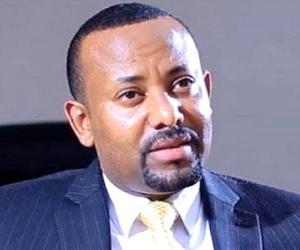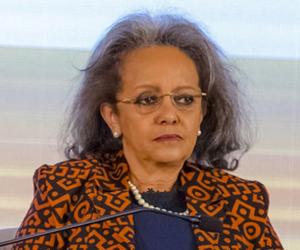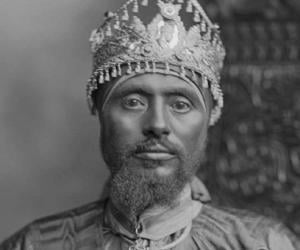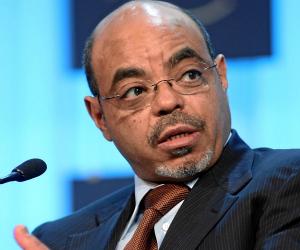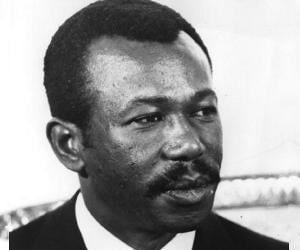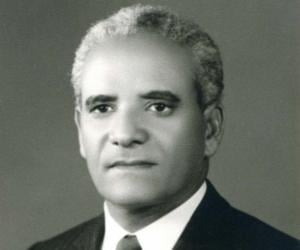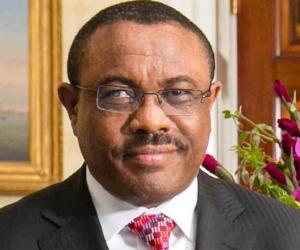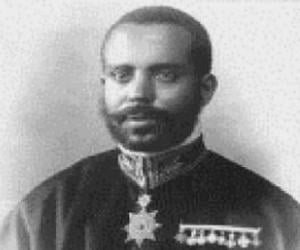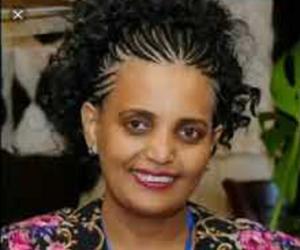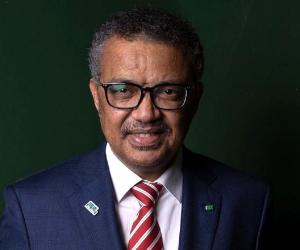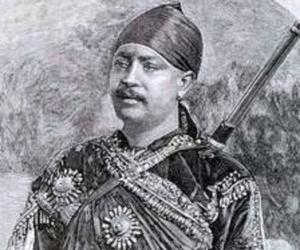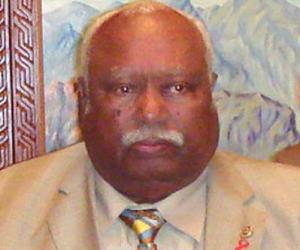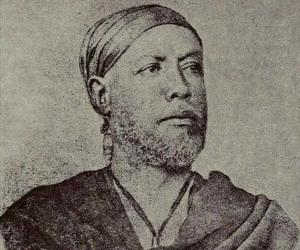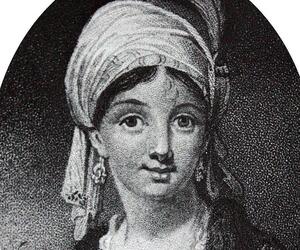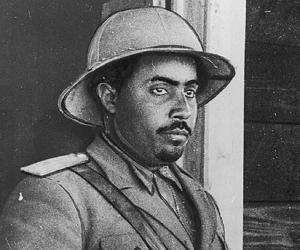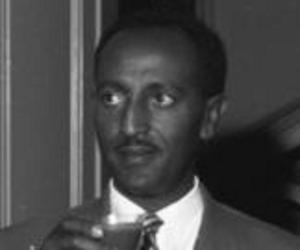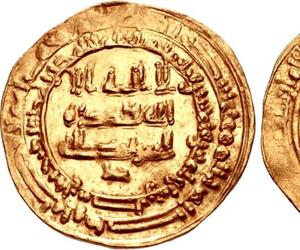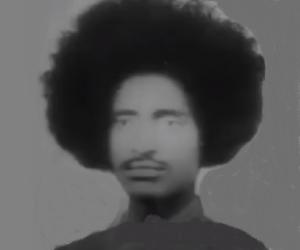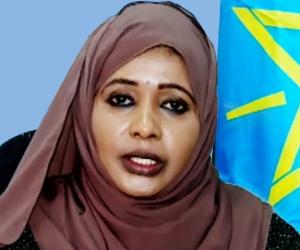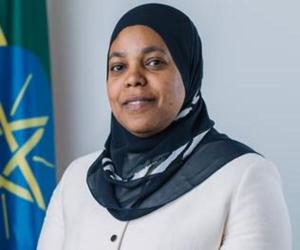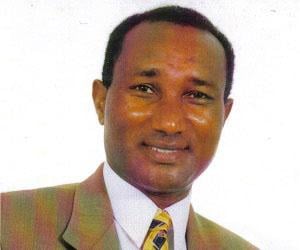1
Abiy Ahmed
(Prime Minister of Ethiopia)
Birthdate: August 15, 1976
Sun Sign: Leo
Birthplace: Beshasha, Ethiopia
Abiy Ahmed Ali is an Ethiopian politician who has served as the Prime Minister of Ethiopia since 2018. He is the leader of the Prosperity Party and was previously the chairman of the Ethiopian People's Revolutionary Democratic Front (EPRDF). Abiy has been recognized for his efforts to achieve peace and international cooperation, particularly for his role in resolving the border conflict with Eritrea, for which he was awarded the Nobel Peace Prize in 2019. However, his tenure has been marked by criticism for a shift towards authoritarianism, human rights violations, media censorship, civil conflicts, and political purges.
